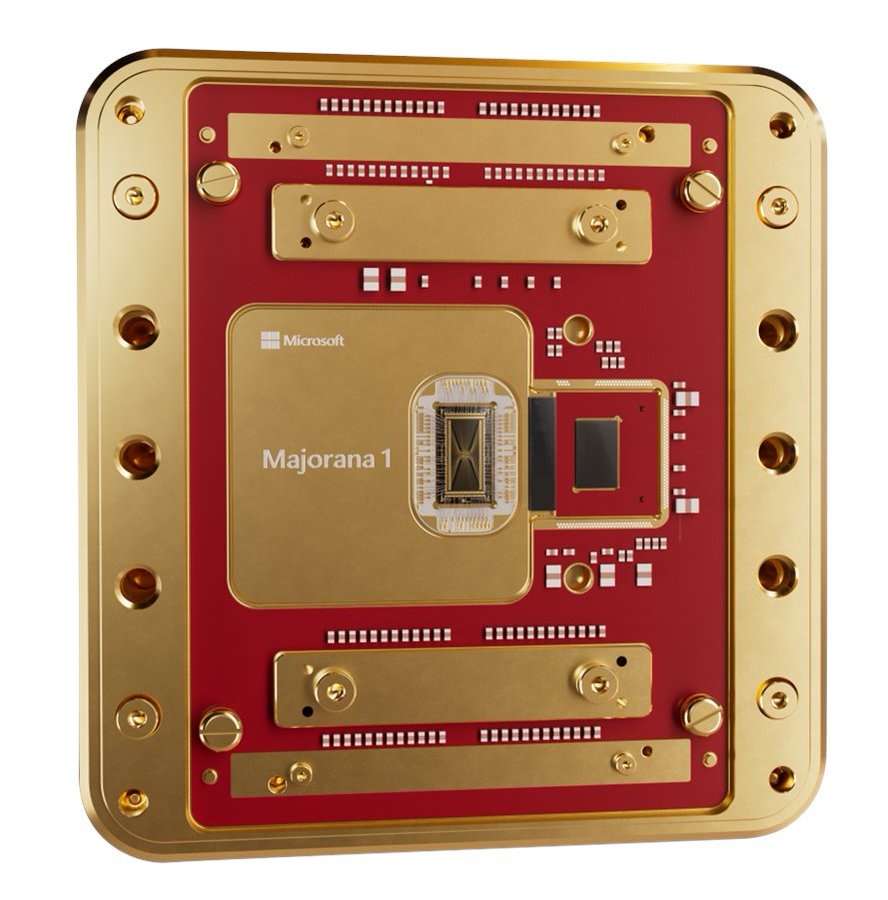Microsoft Corp.’s claim it has developed a groundbreaking chip to create quantum computers not only could pave the way to address complex scientific and societal challenges but just might reshape the future of computing – proof pending.
The software giant on Wednesday said it has created the world’s first quantum computing chip, Majorana 1, that relies on never-before-seen state of matter that promises real quantum computing within years.

When unleashed, the quantum computers would achieve once-unimaginable advancements across artificial intelligence (AI), medical research, sustainable energy, and other industries.
The chip is being hailed as a major marker in building an ultra-powerful quantum computer, machines that rely on particle physics to solve problems beyond the scope of ordinary computers.
“Imagine a chip that can fit in the palm of your hand yet is capable of solving problems that even all the computers on Earth today combined could not!” Microsoft CEO Satya Nadella said in a post on social media platform, X, on Wednesday.
The fruit of more than 17 years of scientific design and research, Majorana 1 is powered by a new type of material it calls “the world’s first topoconductor” to help minimize error-prone qubits, the building blocks for quantum computers. Microsoft published its latest research in the journal Nature.
“After a nearly 20-year pursuit, we’ve created an entirely new state of matter, unlocked by a new class of materials, topoconductors, that enable a fundamental leap in computing,” Nadella said. “We believe this breakthrough will allow us to create a truly meaningful quantum computer not in decades, as some have predicted, but in years.”
Microsoft’s effort, part of a Defense Advanced Research Project Agency initiative, uses a new topoconductor comprised of a new material from indium arsenide (a semiconductor) and aluminum (a superconductor) capable of performing tasks with greater speed and accuracy than traditional qubits. The Majorana 1 chip is designed to scale up to 1 million qubits on a single, compact chip.
However, theoretical physicist John Preskill is among experts who point out Microsoft provided “no publicly available evidence that this test has been conducted successfully,” he said on X. Another major sticking point is that Microsoft made similar claims about Majorana in 2018 but later retracted them.
“Microsoft’s announcement has gotten people excited and invested in topological quantum computing, but more research is needed to make sure the chip works as expected,” Mark Vena, CEO and principal analyst at SmartTech Research, said in a message. “We need more proof before we know for sure.”
Microsoft’s bold entry is the latest among tech companies in the quantum computing race. In December, Alphabet Inc.’s Google introduced Willow, its latest quantum computing chip that it says reduces errors exponentially. Google boasts the chip can complete a complex computing challenge in five minutes that would take one of today’s fastest supercomputers longer than 10 septillion years.

